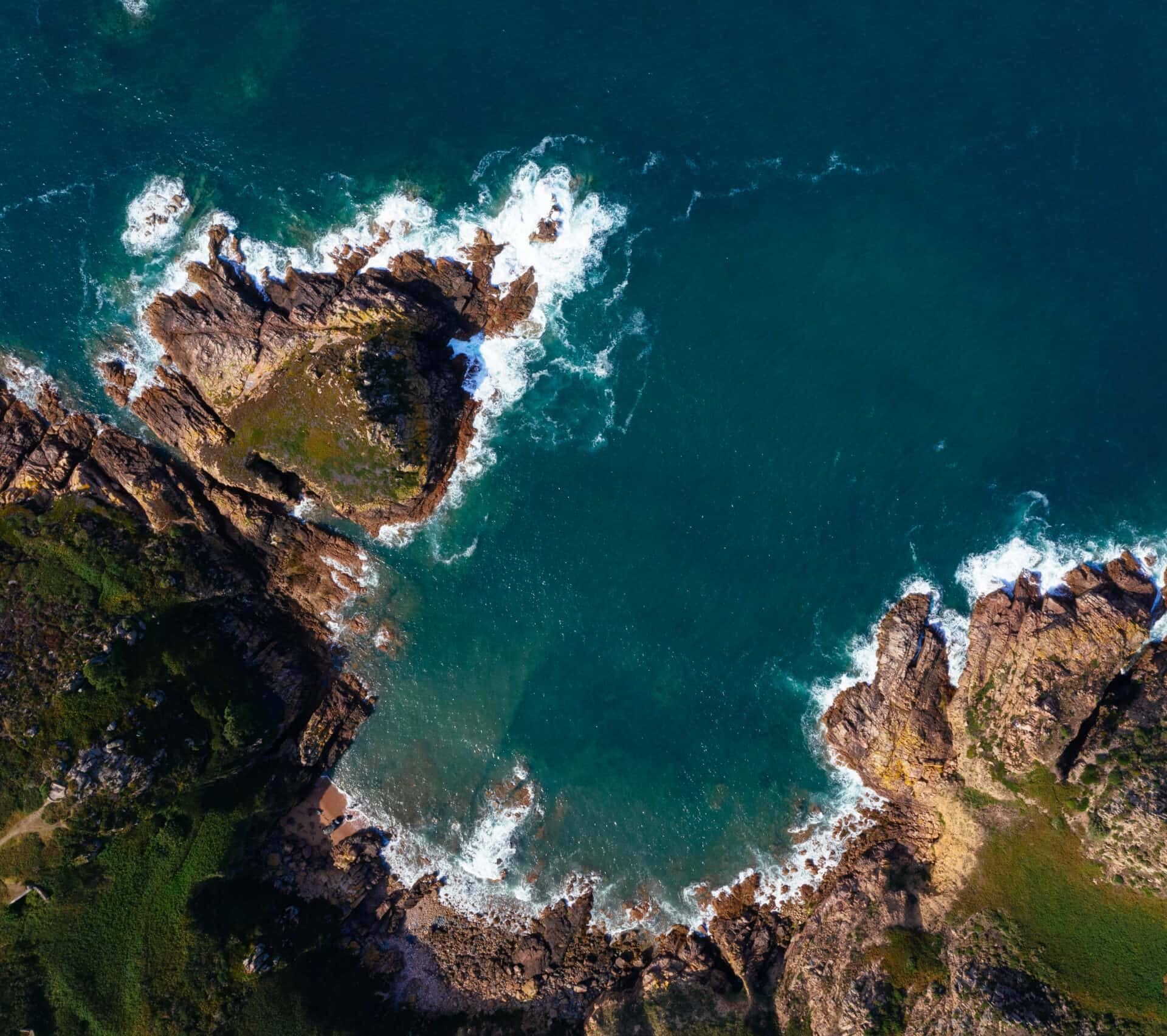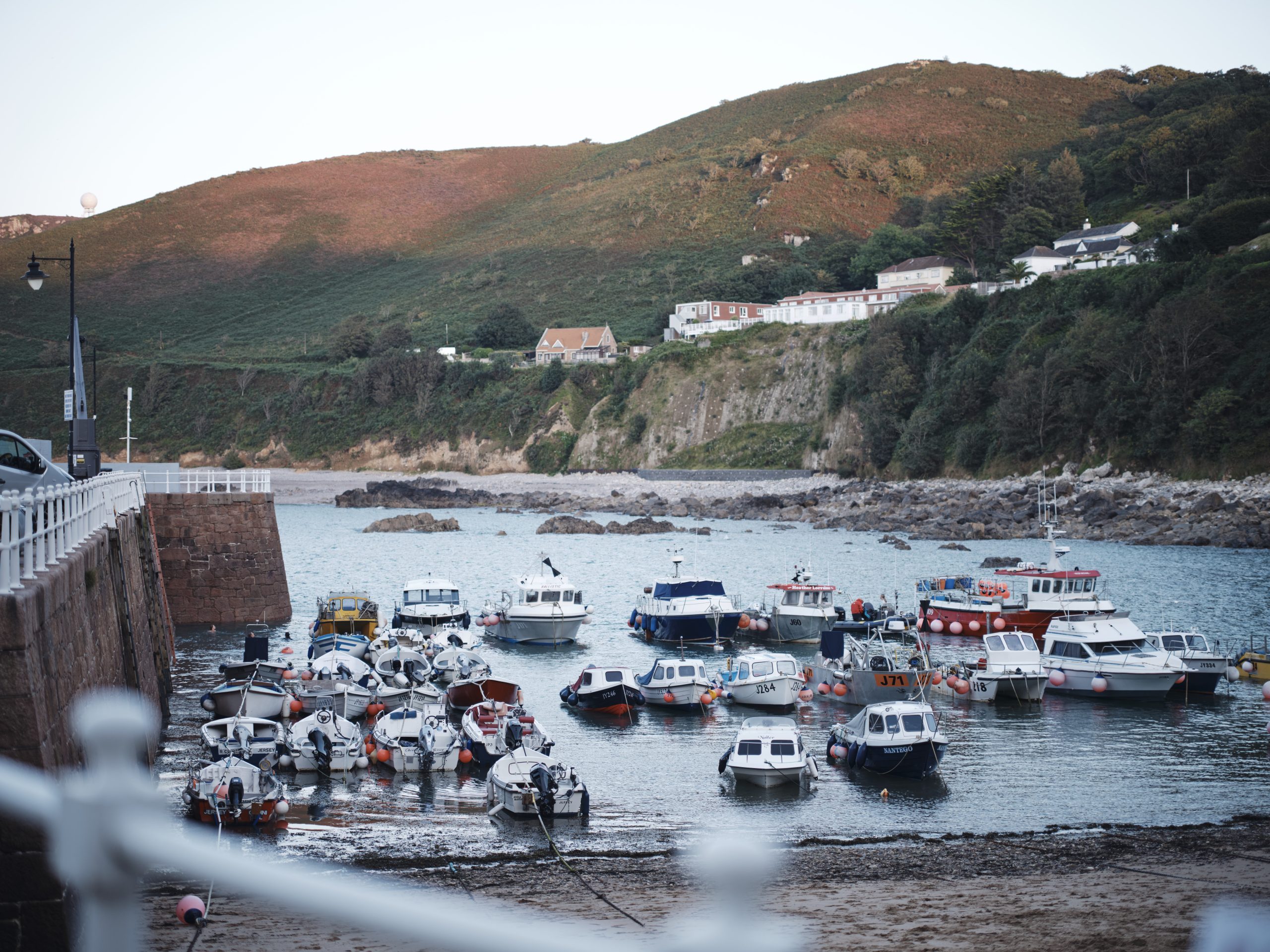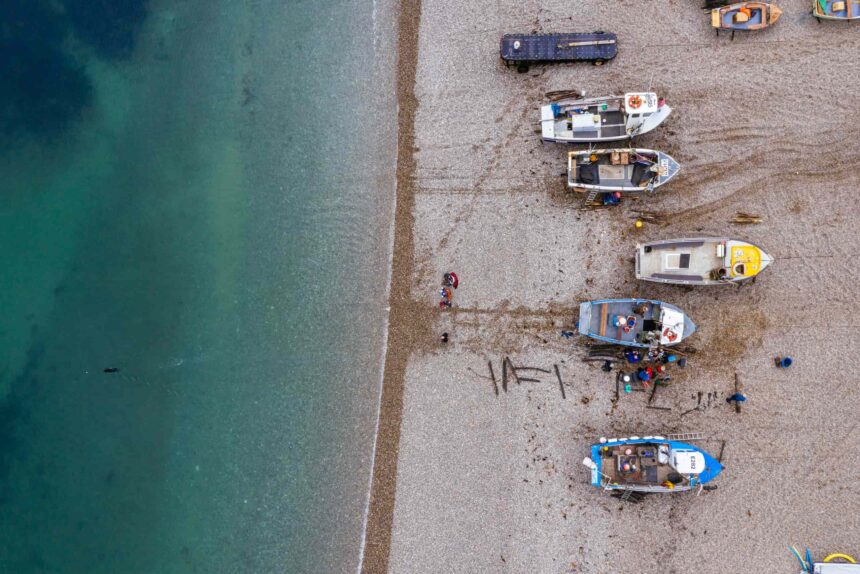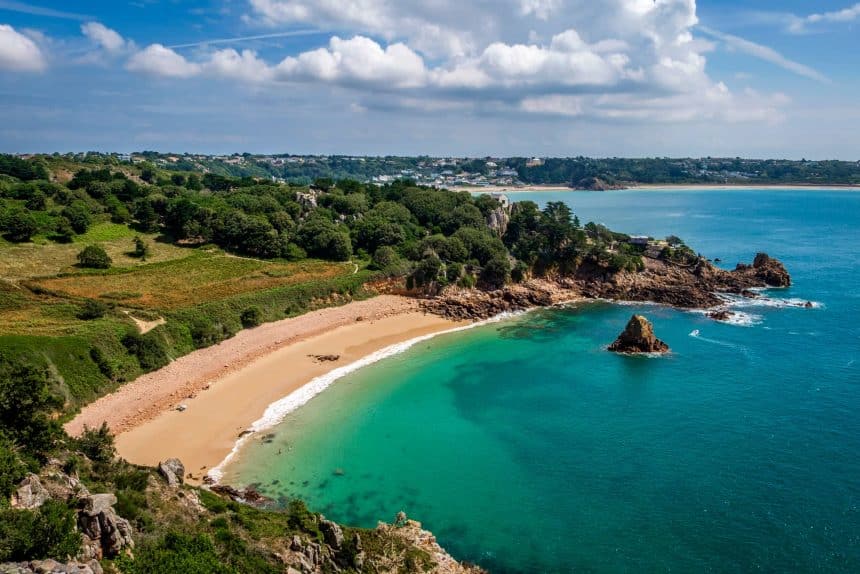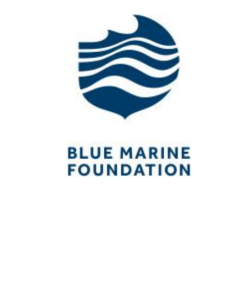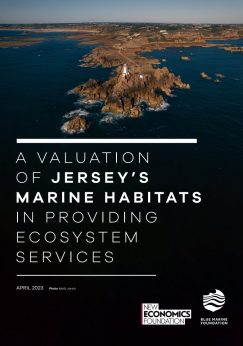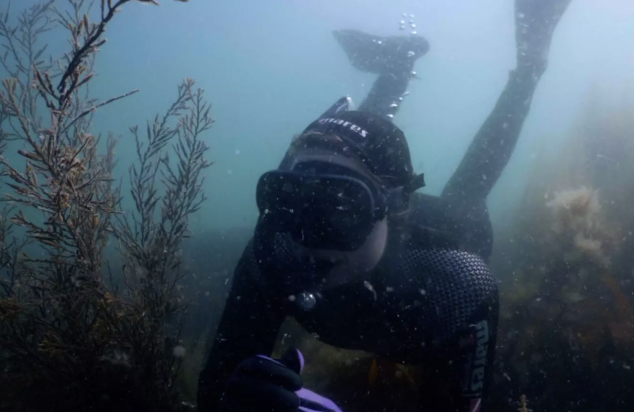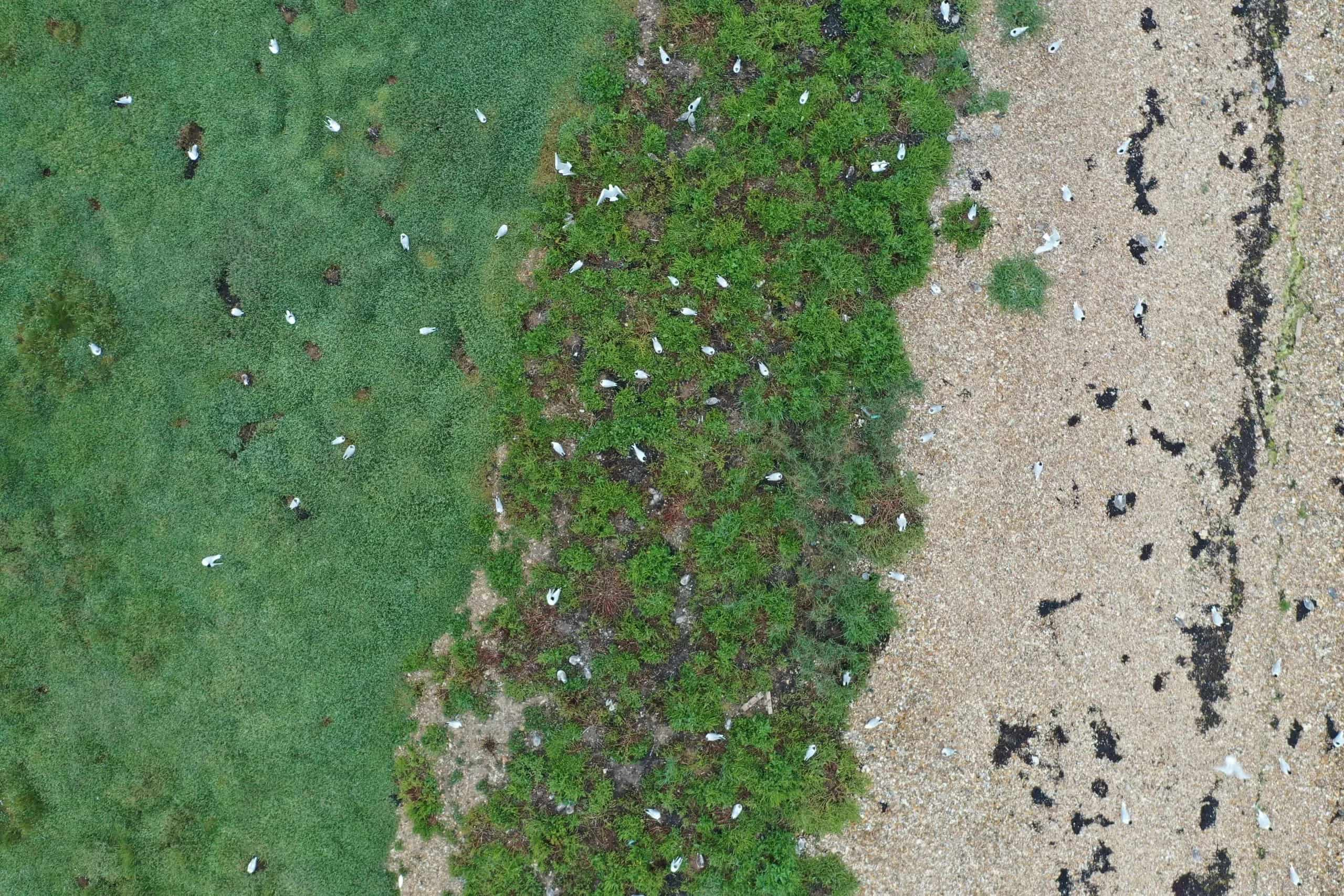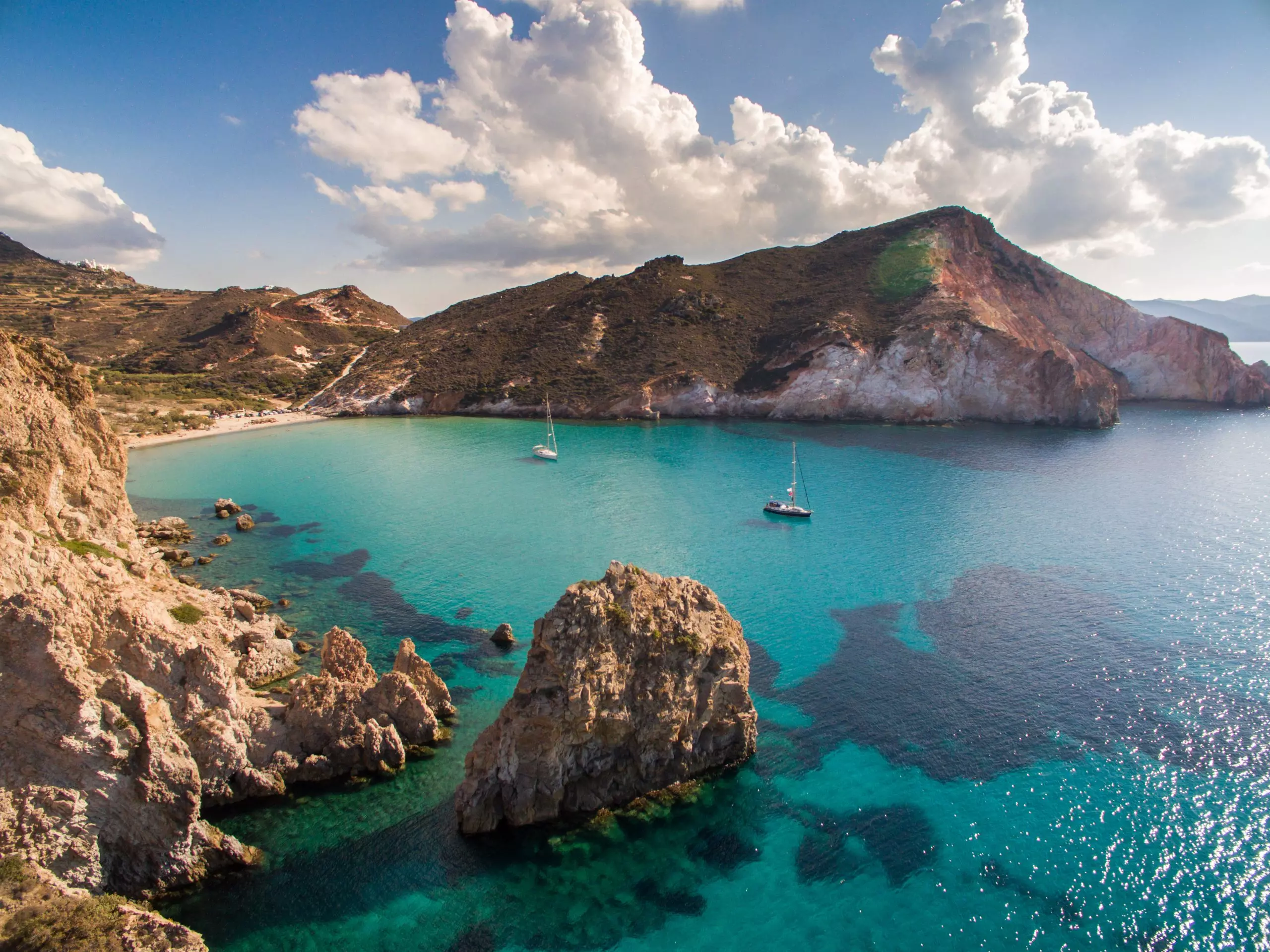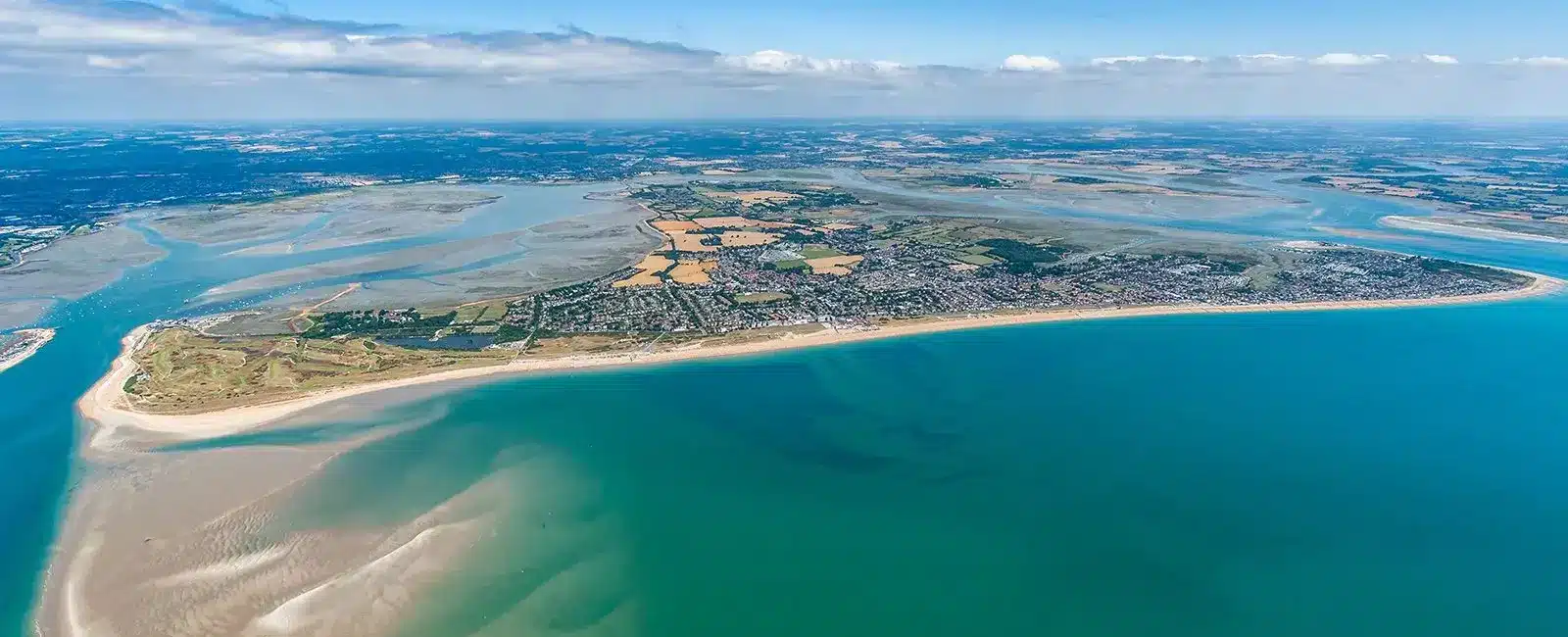From 2021, our local team of two has been based on the island, engaging with the fishing industry, educating local communities and children, partnering with government and local organisations, and leading local research to help inform better management. Our ‘snorkel trail’ and low-impact seafood initiatives have also helped to strengthen the sustainable use of Jersey’s seas.
Fishing is a core part of Jersey’s heritage, and many key commercial species rely on healthy habitats to feed, breed and thrive. The proposed Marine Park will protect habitats, improve biodiversity and help to secure the long-term health of commercial fishery species.
Low-impact fisheries such as potting, rod and line, netting and scallop diving will benefit from having safe spaces to operate. Marine Park status could also draw in tourism while providing branding opportunities for local sustainable seafoods. Perhaps most importantly, the protection of these habitats can also help to mitigate climate change
Promoting appreciation for MPAs, Blue Marine’s snorkelling education programme on Jersey has now reached 840 children in three years, who represent more than 80 per cent of the island’s 31 primary-schools. We delivered a classroom lesson to a further 300 pupils during the academic year, with an art project to help explain the MSP and give them a voice for marine protection. Blue Education also launched ‘Jersey Ocean Observatory’, an online portal to the underwater world that provides resources for teachers and parents to lower barriers to marine science.
